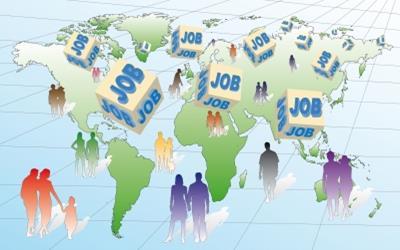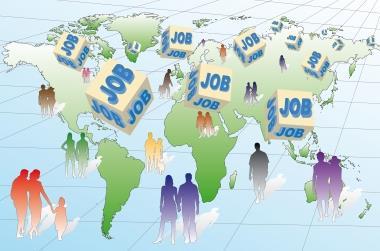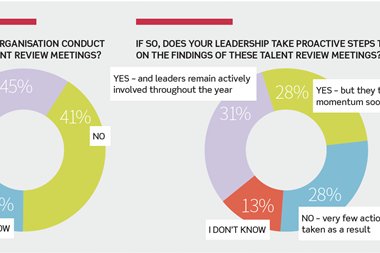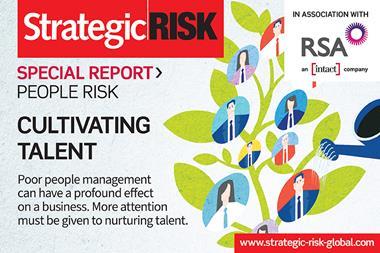‘Countries are struggling to cope with a human tidal wave that threatens to overwhelm them’

Human capital risk takes on many forms – not least the threats and opportunities presented by migration.
An influx of new talent and skills is vital for all economies and businesses to develop and flourish. This works on multiple levels, starting at the top with highly-educated individuals bringing experience and novel ideals to developing nations or, indeed, companies. It is equally essential, particularly in developed countries, to have a constantly replenished pool of manual workers and low-skilled personnel to undertake roles that many of a nation’s indigenous population might be reluctant to do but are nonetheless essential.
Human migration has existed for as long as people have been present on the planet. It is the reason why and how countries were first explored and developed. Scientists believe that the first Homo Sapiens originated from Africa around 200,000 years ago but it was not until the expansion of the Roman Empire 3000 or so years ago that migration became organised and with purpose.
In most countries today, almost the entire population is descended from migrants – depending on how far back the lineage is traced. So there is arguably a degree of hypocrisy around concerns over the current migration crisis which is engulfing Europe.
That should in no way diminish the validity of those fears, however, for this is a serious issue on an international scale and one with long term implications for both countries, companies and above all else, people.
This year alone 80,000 migrants have crossed the Mediterranean Sea from Africa, entering Europe via Italy. Almost exactly the same number again have also done so through Greece. So desperate are these people that they are prepared to risk their lives to reach the relative safety and security of our continent and many thousands have died in the process.
There is no end in sight to this crisis. With so many troublespots in the Middle East, North and even Sub-Saharan Africa, this is a problem which will continue for years as governments wrestle on the horns of a humanitarian dilemma almost unprecedented in scale.
So what next and what are the implications for the countries and companies that have grown rich because of migration through history?
For some there will undoubtedly be opportunities – not least greater access to a diverse, willing, low cost labour force, particularly where existing birth rates are low and the population ageing. But the major risks are socio-economic and political and the impact of these could be substantial. >>>>>>
Unrest and alarm is growing across southern Europe as countries which already have significant financial worries struggle to cope with a human tidal wave that threatens to overwhelm them.
There is unease across the continent. In the summer, the Channel Tunnel was closed in an effort to stem the flow of migrants attempting to storm this vital link between the UK and the rest of Europe. This only served to galvanise the efforts of those attempting to get to the UK once the tunnel was reopened.
The knock on effect for the transport system and also freight businesses using the Tunnel was enormous. The impact of these events on the tourism industry coming, as it did, as the height of the summer season, might have been secondary but is no less important for affected companies.
This is a challenging scenario for everyone. It is a macro problem in every sense and requires government-led solutions on an international scale. Serious thinking is needed. Sooner rather than later.




















No comments yet